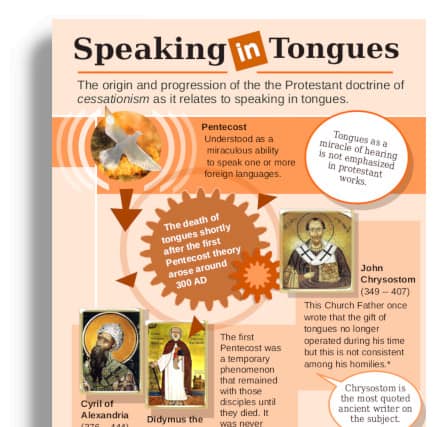This is part 2 of the series on cessationism, miracles, and tongues. There are two thoughts addressed in this article. Firstly, why miracles were de-emphasized during the Reformation. Secondly, an analysis on the protestant revision of miracles in the early church.
For information on this overall series and a general summary go to Cessationism, Miracles and Tongues: Part 1
The Excess of Miracles in the Medieval World
Cessationism or the critical examination of miracles cannot be fully understood without first understanding the medieval environment they were birthed from. The following gives a brief portrait of the mystical medieval world and why there was an urgent need for correcting the abuse of miracles.
